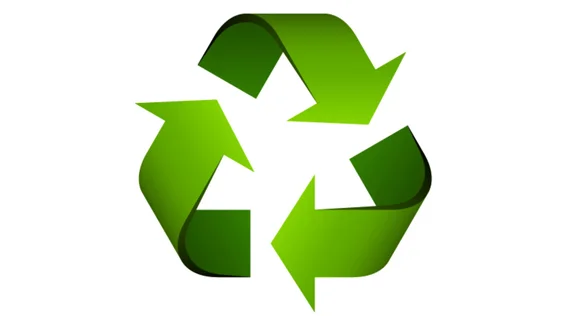
SEATTLE (Waste Advantage): Stephanie Lansing, professor in the Department of Environmental Science and Technology at the University of Maryland, is leading two new grants totaling $6 million from the U.S. Department of Energy to develop sustainable products like biofuels and bioplastics from food waste. With about a third of the food produced in the U.S. not being consumed, food waste is a major concern for municipalities across the country. At the same time, products like plastics and traditional sources of fuel rely on fossil fuels, which are finite and costly to the environment.
With these two grants, Lansing is leading a consortium of scientists and industry partners to not only research innovative ways to use waste, but also make value-added products that will contribute to the sustainability of our economy and planet. “These grants are aimed at understanding the waste sources we have, particularly the quantities of food waste, and determining what opportunities exist for us to create renewable resources and energy from that waste,” Lansing said. “One grant is focused on the production of bioplastics from food waste, while the other is focused on characterizing the municipal solid waste stream to create biofuels that can replace liquid fuels like gasoline.”
These new grants are a natural extension of the work Lansing does in her Bioenergy and Bioprocessing Technology Laboratory, converting waste products into energy and value-added products, often through a process called anaerobic digestion. “With anaerobic digestion, we are having bacteria make natural gas for us from waste that can be broken down biologically instead of using fossil fuels,” Lansing said. “This process works well with food waste, but most of our food waste is co-mingled in the larger municipal solid waste system and is mixed in with other things. For waste that has thin plastics and other bulkier products that won’t degrade biologically with anaerobic digestion, we can use a gasification process instead, which is a thermochemical reaction that will produce the gases we need in a controlled way.”
Courtesy: www.wasteadvantage.com
| Copper Scrap View All | |
| Alternator | 0.31 (0) |
| #1 Copper Bare Bright | 3.65 (0.02) |
| Aluminum Scrap View All | |
| 356 Aluminum Wheels (Clean) | 0.71 (-0.01) |
| 6061 Extrusions | 0.62 (-0.01) |
| Steel Scrap View All | |
| #1 Bundle | 475.00 (0) |
| #1 Busheling | 495.00 (0) |
| Electronics Scrap View All | |